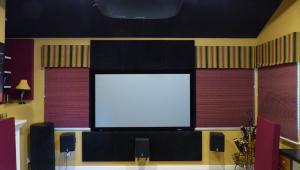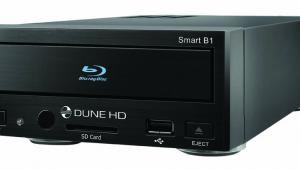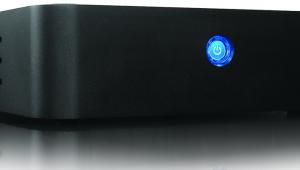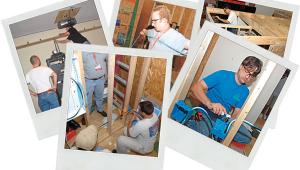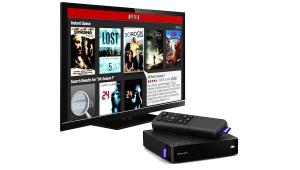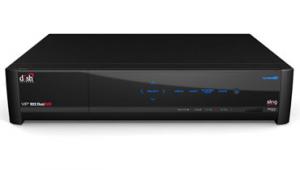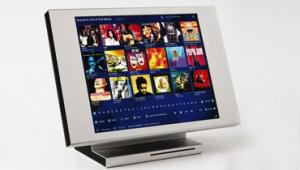Sony PlayStation 3 Game Console Page 5
A truly next-generation console needs a truly next-generation processor. And the PS3 is packed with some of the same silicon DNA as future supercomputers. This kind of power doesn't just spring up overnight, and in the case of the PS3's Cell Broadband Engine, its development started back in 2000 with an alliance between Sony, Toshiba, and IBM.
IBM thinks so much of the Cell design that its planned supercomputer, the Roadrunner, will feature Cell processing. It is reported that this will be the first computer to run at petaflop speed (that's 10 quadrillion - 1015 - floating-point operations per second!). Toshiba is also rumored to have plans to incorporate the Cell in upcoming HDTVs, claiming the system would be capable of displaying dozens of real-time HDTV thumbnails on the screen simultaneously.
The PS3 uses a 3.2 GHz Cell processor featuring six accessible 3.2-GHz Synergistic Processing Elements (SPEs) - essentially parallel processing units. (Cell chips actually have eight SPEs, but Sony has dedicated the seventh SPE to the OS and disabled the eighth to improve production yields.) The genius of the Cell is that programmers can task each SPE to run individual programs, assigning them different workloads that run simultaneously. For example, one SPE might handle audio chores, another might calculate projectile trajectories and ballistics, a third might handle lighting effects, a fourth the action of the main character, and so on.
As if the Cell needed any help, the PS3 supercharges its graphics capabilities with the new Reality Synthesizer graphics-processing unit co-developed with NVIDIA. All told, the PS3 is reported to achieve a floating-point performance of 2.18 teraflops. That's 2 trillion operations per second. Yes, the PS3 is smarter than you. No, you shouldn't be afraid of it. No, I don't think it's Skynet from The Terminator.
Of course, if you're feeling guilty that you're devoting all that power only to your own narcissistic pleasure, Stanford University has some homework for you. They have worked with Sony to let your PS3 assist in a project called Folding@home. You can actually use your PS3 for the good of mankind and become part of one of the largest distributed-computing projects around. Folding will run on your system when it's idle, aiding research "to understand protein folding, misfolding, and related diseases." This is similar to the SETI@home project that many have downloaded to their computers to help analyze radio signals in the search for extraterrestrial life.


